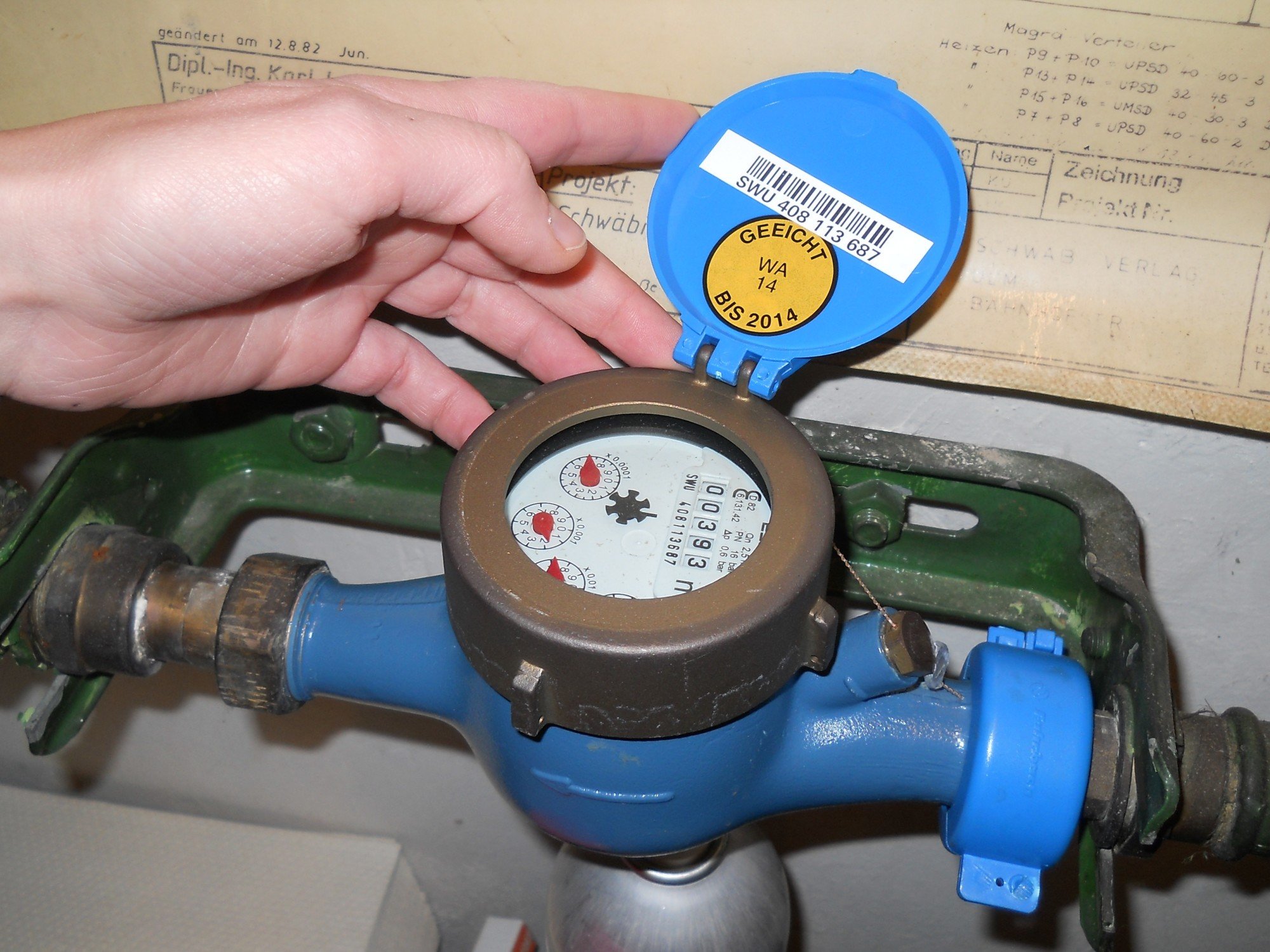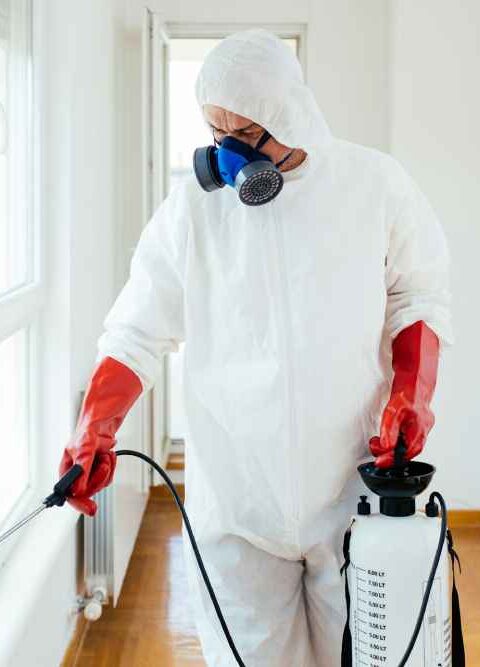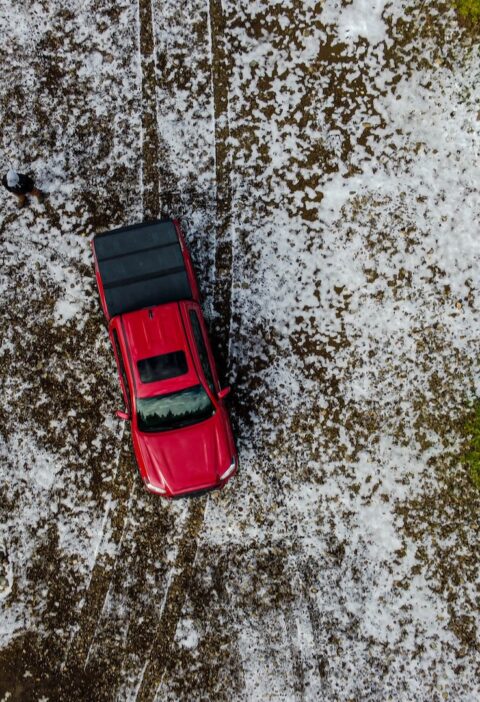Are your water bills starting to go up unexpectedly?
Finding water leaks can be a frightening thing. You never know when you can run out, or the damage that water could be doing to your property.
Fortunately, it’s not as difficult to diagnose leaks or find their source as you might think. Knowing the common causes of water meter leaking will help you get them addressed faster.
Keep reading for everything you need to know about common causes of water meter leaks and how to address them.
1. Corrosion and Rust
One of the primary reasons for water meter leaks is corrosion and rust. Over the years, the metal components of the meter can deteriorate due to exposure to water and the elements. This can result in small cracks or holes that allow water to escape.
If corrosion is the issue, the best solution is to replace the entire water meter. A professional plumbing service can assess the extent of the damage and recommend the appropriate replacement. Regular maintenance, such as applying anti-corrosion coatings, can also help prevent this problem in the future.
2. Loose Connections
Another common cause of water meter leaks is loose connections between the meter and the pipes. Over time, vibrations or changes in water pressure can cause the fittings to become loose, allowing water to seep out.
Tightening the connections is a straightforward fix, much like ensuring the proper connections during water heater installation. You can use a wrench or pliers to snugly secure the fittings. Be cautious and never overtighten it, as this can damage the meter or pipes.
3. High Water Pressure
Excessively high water pressure in your plumbing system can put stress on your water meter, leading to leaks. This is especially common in areas with inconsistent water pressure. It is also common if pressure-reducing valves are not properly installed.
To fix this, you can install a pressure-reducing valve (PRV) in your plumbing system to regulate water pressure. A licensed plumber can assess your system and determine the appropriate PRV setting to prevent future leaks.
4. Freeze Damage
In regions with cold winters, freeze damage is a significant concern. When the water inside the meter or its components freezes, it expands. This potentially causes cracks or damage.
To prevent freeze damage, insulate your water meter and the surrounding pipes. Use foam insulation or heat tape to keep them warm during the winter months. Regularly check for any signs of frost or ice buildup and take preventive measures accordingly.
5. Aging Components
Water meters have a finite lifespan, and as they age, their internal components can wear out, leading to plumbing leaks. Seals, gaskets, and O-rings can degrade over time, allowing water to escape.
If your water meter is old and the components are showing signs of wear, it’s best to replace the meter entirely. A new meter will not only solve the leak issue but also provide more accurate water readings.
Is Your Water Meter Leaking?
Water meter leaks can cause significant damage to your home and result in high water bills. By regularly checking for leaks and addressing them promptly, you can save both money and conserve water.
If you suspect your water meter leaking, don’t hesitate to consult a professional and get it fixed immediately. Protect your home and the environment, start checking for leaks today!
For more informative articles, please visit the rest of our blog.







